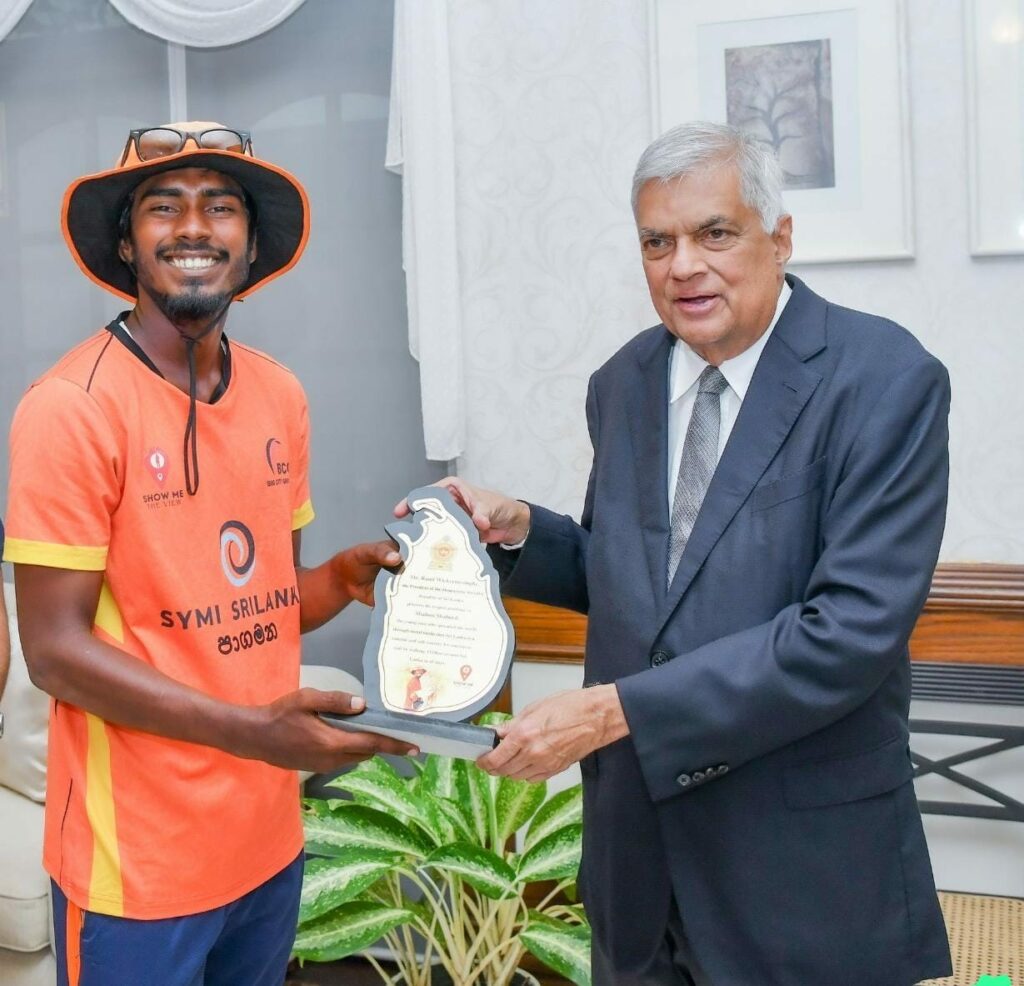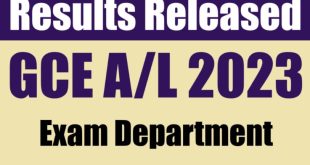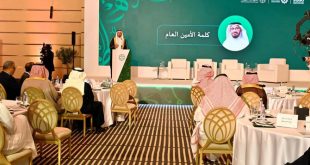What prompted me to write this article was the highly illuminating and timely Daily Mirror editorial of January 30, titled “take the middle path for religious harmony”.
The insightful observations made in this editorial on a subject of tremendous importance to the future well-being of our country is food for thought. It is incumbent on all, no matter to what religious denomination they belong, to take serious note of them and willingly give their shoulders to all efforts that are made to ensure religious harmony prevails in the country and take fresh initiatives, where possible, towards this end.
"We all know that religious disharmony is in a plural society like ours is far more serious a phenomenon than racial intolerance, though both are equally detrimental to the future stability of a country"
We all know that religious disharmony is in a plural society like ours is far more serious a phenomenon than racial intolerance, though both are equally detrimental to the future stability of the country. Going by what is taking place in the far-flung areas of the globe, be it Mindanao in the Philippines, Kano or Kaduna in northern Nigeria, Pakistan, Indonesia or in our own precious land, though sporadically, the overall situation seems alarmingly grim and calls for serious action by all concerned.
As a person who has spent all his life in the field of education, both in the local and international spheres I feel particularly happy to note that the forum for inter-faith dialog will primarily focus its attention on the school and the students. It is important to inculcate the right attitudes in children while they are still in their tender and impressionable age.
It should be the responsibility of the schools – principals and teachers – to ensure that the students are provided with a sound value – based education that would help them to, when they leave school and enter the larger world to empathise with one and other transcending all barriers of cast, creed, race and religion, and to look at  each other as fellow citizens of Sri Lanka. One of the cardinal responsibilities of the school is shaping our future society so that it evolves into an entity where harmony and peaceful co-existence prevails.
each other as fellow citizens of Sri Lanka. One of the cardinal responsibilities of the school is shaping our future society so that it evolves into an entity where harmony and peaceful co-existence prevails.
I went to Malaysia in the late 1970’s on a four year stint as a UNESCO consultant. It was not many years after the bitter riots between the Chinese and the Malays that threatened to shake the very foundation of Malaysian society. The country, however, was fast returning to normalcy under the enlightened leadership of premier Tun Abdul Razzak, the father of the present Prime Minister Najib Razzak. The need for peace and reconciliation was felt everywhere. Lessons from the ugly and unwanted riots were learned quickly and reconciliation efforts were efficiently implemented nation-wide and closely monitored to make sure that they brought forth the desired results.
In the neighboring Singapore too, it’s legendary leader Lee Kwan Yew looked at the school system as the starting point for the nation building. Not only do its schools provide the country with outstanding professionals to work in their development efforts. It did something more. It provided the country with decent and responsible human beings. The adults and elders of that country who proudly called themselves Singaporeans are products of that system.
Both Malaysia and Singapore have shown the world that “Diversity” is something to be proud about. It is something to be celebrated and not a reason to fight one and other.
Our Universities now situated in several parts of the country constitute a promising ground where inter-faith understanding can be developed, fostered and disseminated. The products of these Universities representing the diverse religions cultures and races in the country will sooner or later hold positions of responsibility in different areas of activity, where they have the opportunity of serving as agents of change and as opinion makers. They need to be equipped with the right mind-set when they leave after their studies to promote a united Sri Lanka without any rancor where harmonious co-existence and inter-mingling of different races religions and cultures prevail.
In this respect I was able to observe an important phenomenal in Nigeria. During my UN assignment in this country I was stationed in Ibadan where the well-known University of Ibadan is situated. But I had a mandate for the whole country where my work was concerned. Whenever I was in Ibadan I had the habit of going for my Friday congregational prayers to the University of Ibadan mosque. This mosque has been built by the Government in the centre of the sprawling campus. In close proximity to the mosque the Government has also built a large church for the use of Christian students. Nigeria is well-known for its inter-faith rivalry between the Muslims and the Christians’. Hence I was surprised to find the church and the mosque situated almost side by side and both filled to the brim during their respective days of worship. One Friday I was late for my prayers but I decided to go there at least to perform my afternoon prayers before returning to office.
"The forum for inter-faith dialog will primarily focus its attention on the school and the students. It is important to inculcate the right attitudes in children while they are still in their tender and impressionable age"
Although the congregational prayer was over, I saw another small congregation at the end of the mosque where Muslim students and Christian students were engaged in an animated discussion. This assembly was presided by the Imam of the mosque and the Priest from the adjoining Church. Later the Imam explained to me that it was an inter-faith dialog that takes place on Fridays after prayers and on Sundays in the Church after mass. He said that this was the strategy they had adopted to bring about understanding between the adherents of these 2 religions. The expectation is that when they go back to their villages after studies they would take the message of unity and reconciliation in order to make a lasting impact on their society.
Our Universities, whether they have inbuilt temples, churches and mosques, can still bring together the Buddhists, the Christians, the Muslims and the Hindus on a regular basis. These students being potential opinion makers and change-agents can make a positive contribution towards peace and harmony later in life.
Post Disclaimer | Support Us
Support Us
The sailanmuslim.com web site entirely supported by individual donors and well wishers. If you regularly visit this site and wish to show your appreciation, or if you wish to see further development of sailanmuslim.com, please donate us
IMPORTANT : All content hosted on sailanmuslim.com is solely for non-commercial purposes and with the permission of original copyright holders. Any other use of the hosted content, such as for financial gain, requires express approval from the copyright owners.
 Sri lanka Muslims Web Portal Sri Lanka Muslims News Center
Sri lanka Muslims Web Portal Sri Lanka Muslims News Center
 Donate
Donate


